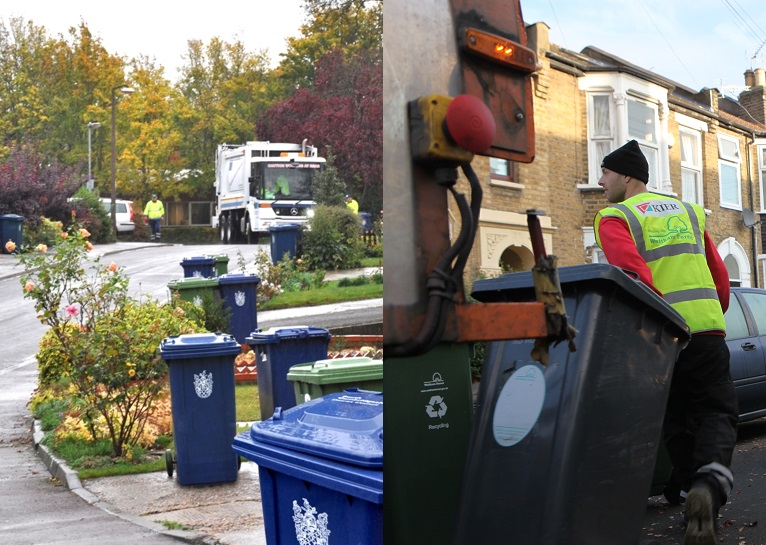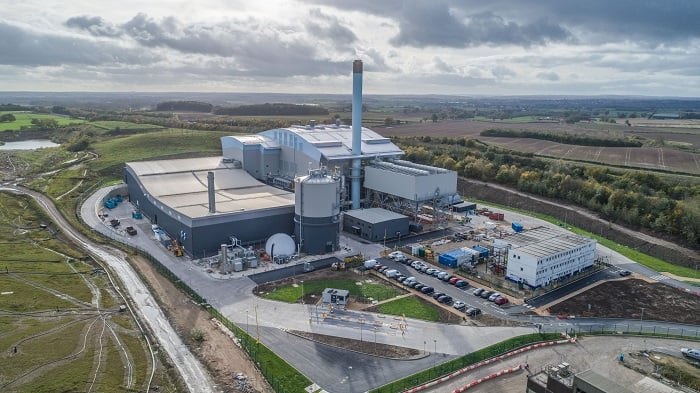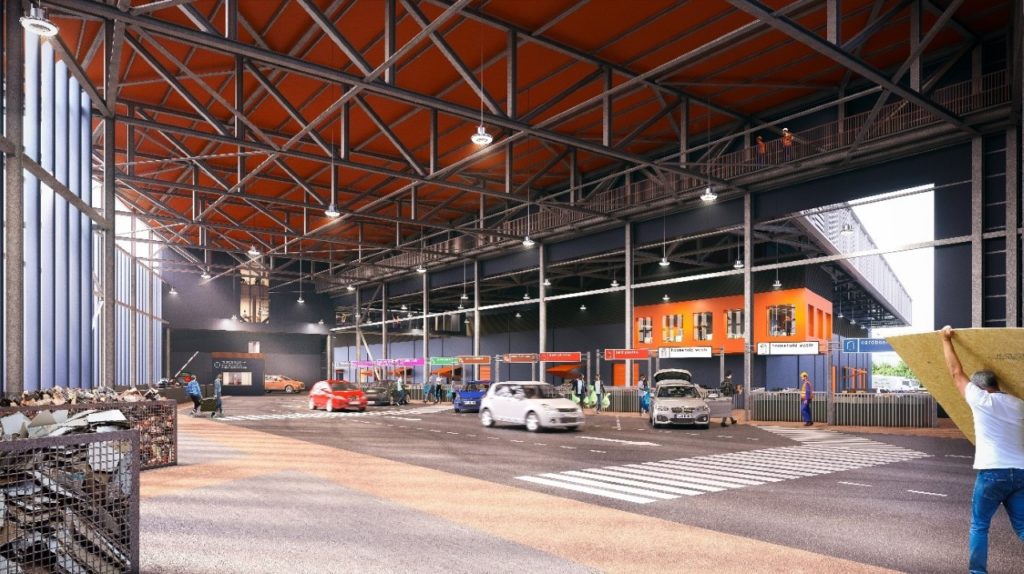Concerns over the way that funding will be divided up have been expressed by North Yorkshire council officers in a report published ahead of a meeting of the council’s Transport, Economy and Environment Scrutiny Committee this week (17 April).

In the report, officers have set out the key measures within in the Resources Strategy consultations, which were published in February.
These include consultations on consistency in kerbside recycling collections, reform of the producer responsibility system for packaging waste, a deposit return scheme for drinks bottles and a tax on plastic packaging.
In its consistency consultation, Defra has earmarked a system of alternate-weekly collection, based on collection of a ‘core set’ of recyclable materials, with weekly separate food waste and free garden waste collection as a possible minimum expectation for councils.
These proposals could link to payments made under an extended producer responsibility regime, with funding based on adherence to the preferred system.
Funding
Assessing the key implications of the strategy, North Yorkshire has noted funding for any potential collection changes will be a key concern to councils.
“Concerns are that funding will be focussed on easily gained improvements in low performing mainly urban areas and those with a low cost-base, moving potential funding away from more rural authorities.”
Report
North Yorks council
In particular officers have questioned how funding will be divided between urban authorities compared to those in rural areas, where recycling rates are generally higher.
The report noted: “Clarity is needed as to how government will ensure additional resource is given to meet any new costs resulting from collecting and reprocessing of the core dry recycling materials including financial costs of changes within this council’s long-term contracts.
“Concerns are that funding will be focussed on easily gained improvements in low performing mainly urban areas and those with a low cost-base, moving potential funding away from more rural authorities.”
Additionally, officers have suggested that the council, in its response to the consultation may ‘advocate against separate food waste collection’, as well as opposing a free garden waste service, as well as pushing freedom of choice over collection frequency.
Food waste
On food waste the report claims that separate collection would likely impact the composition and amount of waste sent for treatment as residual waste at the Allerton Waste Recovery Park – as well as “damaging the impact of waste prevention campaigns” around food waste reduction and home composting.
The report also suggests that the introduction of free garden waste collections to all households would not be practicable and would also discourage home composting, “which is the preferred method of dealing with waste within the waste hierarchy”.

It added: “Any additional garden waste collected would have a significant impact on the county council financially as it would increase the amount of recycling credits/incentive payable and processing costs through our contractors.
“It is proposed that NYCC does not support proposals to remove the ability of councils to charge for the collection of garden waste and that local authorities should be able to choose whether to make a charge for garden waste collections.”
Additionally, officers have sought more detail on how, under an extended producer responsibility model, councils will be incentivised to drive further improvements in recycling.
It states: “The proposals need to incentivise local authorities to increase the quality and quantity of materials they recover for recycling, rather than maximising the geographical coverage of recycling, which could undermine the cost base of the scheme. Any incentive needs to be an additional payment for recycling more/improving quality – there should be no penalty for not achieving any new requirements.”









Subscribe for free